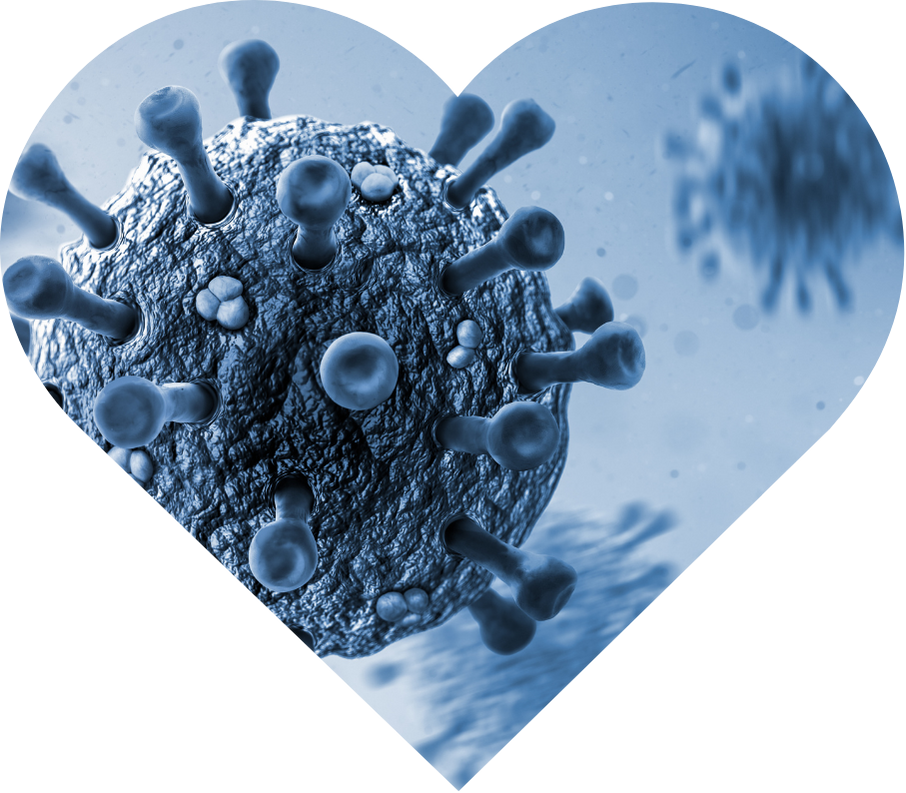"Health is not everything, but without health, everything is nothing," once said the famous philosopher Arthur Schopenhauer. This insight is particularly relevant in today's world, where the sunshine vitamin D is gaining increasing attention as a potential key to strengthening our immune defense. But what exactly is hidden behind this vitamin, and how can it change our lives?
Vitamin D, also known as the "sunshine vitamin," is an essential prohormoneprecursor hormone that is produced in our skin through sunlight exposure. There are two main types of vitamin D: D2 (ergocalciferol) and D3 (cholecalciferol) — the latter is formed in our skin through UV-B radiation from the sun. In addition to its well-known role in regulating calcium metabolismbody's system for controlling calcium intake and utilization and bone health, vitamin D also plays a significant role in the immune system. More and more voices within the scientific community are calling for an acknowledgment of the importance of vitamin D for immune defense.
Vitamin D affects health in various ways. Particularly noteworthy is its ability to modulate immune function. Studies have shown that vitamin D increases the expression of antimicrobial peptides, which form the first line of defense against pathogens [1]. Adequate levels may help reduce the risk of respiratory diseasesdiseases of the respiratory organs, often caused by infections, which is especially relevant during times of pandemic-related respiratory illnesses. Science also confirms that vitamin D can modify the body's inflammatory responses, potentially hindering the progression of certain chronic diseases [2].
A comprehensive overview of the relationship between vitamin D and the immune system reveals a wealth of research findings. One notable study shows that a high prevalence of vitamin D deficiency is observed in nursing homes, indicating the need for targeted supplementation [3]. This analysis involved 478 seniors and found that 39.5% had insufficient vitamin D levels. The quality of this study is rated high due to its solid methodology and extensive sample size.
Another investigation shed light on the benefits of vitamin D for the prevention and treatment of viral infectionsinvasion and multiplication of pathogens in the body. This study emphasized that 39 studies showed a significant association between low vitamin D levels and an increased risk of respiratory infectionsinfections of the respiratory tract, often viral in nature [1]. Despite some conflicting results in randomized controlled trials, the overall conclusion remains clear: vitamin D can contribute to immune enhancement, particularly in individuals with existing deficiencies.
To benefit from the advantages of the sunshine vitamin, you can integrate some simple and practical steps into your daily routine: Increase your daily sunlight exposure by spending 15-30 minutes outdoors in the morning or afternoon [4]. Supplement your diet with vitamin D-rich foods such as fatty fish, fortified dairy products, and eggs [5]. People at increased risk for vitamin D deficiency should consider regular checks to ensure adequate levels [3]. However, avoid excessive sun exposure without protection and uncontrolled intake of vitamin D supplements to prevent health risks such as skin cancer and hypervitaminosisvitamin excess in the body [6][7].
With the right amounts of sunlight and a conscious diet, you can naturally strengthen your immune system. It is time to harness the potential of the sunshine vitamin — for as Schopenhauer taught us, health truly is everything, without which everything else becomes secondary.
This health article was created with AI support and is intended to help people access current scientific health knowledge. It contributes to the democratization of science – however, it does not replace professional medical advice and may present individual details in a simplified or slightly inaccurate manner due to AI-generated content. HEARTPORT and its affiliates assume no liability for the accuracy, completeness, or applicability of the information provided.














